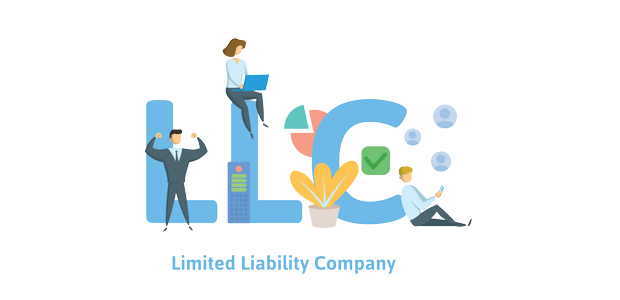
Go Over These 6 Things Before Starting an LLC
Few things are more exhilarating than the feeling of starting your own business.
The sense of freedom, the possibility of limitless growth, and the knowledge that you are in charge of your destiny: all these are intoxicating. But before you can enjoy that heady feeling, there are a few things you need to go over. Namely, what it takes to start an LLC. Here are the six main things you need to consider when starting an LLC.
1. Your Legal Requirements
To start an LLC, you need to fulfill certain legal requirements. The most important of these is registering your business with the state. This process can be complicated, so it's important to consult with experienced registered agents in the United States to help you through the process. They will be able to help you register your company and make sure you comply with all relevant regulations.
Another necessary legal requirement for LLCs is creating a company agreement. This document lays out the rules and procedures for running your company. It should be signed by all of the members of the LLC. It can be helpful to have an attorney draft this agreement for you, as they will be familiar with the laws that apply to LLCs in your state.
Finally, you will need to register for taxes with the federal and state governments. Again, working with an accountant or tax specialist who can help you navigate these complex waters and ensure that you are paying the correct taxes on your business income is essential.
2. Your Finances
Starting an LLC requires careful financial planning. You need to clearly understand how much money you will need to set up and run your business, as well as how much profit you can realistically expect to turn in the first few years. It's also important to determine how much capital you need to get started and how you will acquire it.
Seek out investors or a traditional bank loan to fund your company. Or, if you have enough personal savings, you can use that money to get your business off the ground. However, if you decide to fund it, ensure a solid plan for managing your finances once your LLC is up and running.
3. Your Business Structure
Before you can start doing business as an LLC, you need to decide on the structure of your company. One common option is a limited liability corporation or LLC. This type of business gives you certain tax benefits and legal protections that are not available with other structures, such as sole proprietorships and partnerships.
Setting up an LLC will require some paperwork and filing fees, but the good news is that this process can usually be handled online. You must choose a name for your LLC, register it with the state, and file all the necessary legal forms.
4. Your Marketing Plan
One of the most important things you need to do before starting an LLC is to develop a strong marketing plan. This should include a clear overview of your target audience and an outline of how you plan to reach and engage that audience.
Your marketing strategy should also include details on your pricing structure and any discounts or promotions you will offer. It's also important to consider how to use social media, content marketing, email campaigns, and other online marketing strategies to reach your target audience and generate leads.
5. Your Operations Plan
Your operations plan should outline how you will run the day-to-day operations of your company. This includes staffing, hiring, equipment, and space requirements. It's also important to think about things like customer service procedures, business policies and procedures, and any other issues that will affect the day-to-day operations of your business.
Developing a comprehensive operations plan is key to ensuring your company's success. This document should be reviewed regularly as your business grows, so you can adapt it as necessary to meet changing needs. You can also work with an experienced business consultant who can provide guidance and help you troubleshoot any issues.
6. Your Team
Before starting an LLC, consider the type of team you want to build. This includes everything from how many employees you will have to whether or not you would like to outsource any tasks that are not part of your core business offerings.
Take time to consider what skills and experience you will need on your team to succeed. Consider whether you will work with freelancers, independent contractors, or employees, and develop a hiring plan that matches your budget and business needs.
Overall, starting an LLC can be a challenging but rewarding process. Whether you're just getting started or you've been running your company for years, it's important to go over these six key areas before launching your business. With the right knowledge and resources, you'll be well on your way to success as an LLC.

